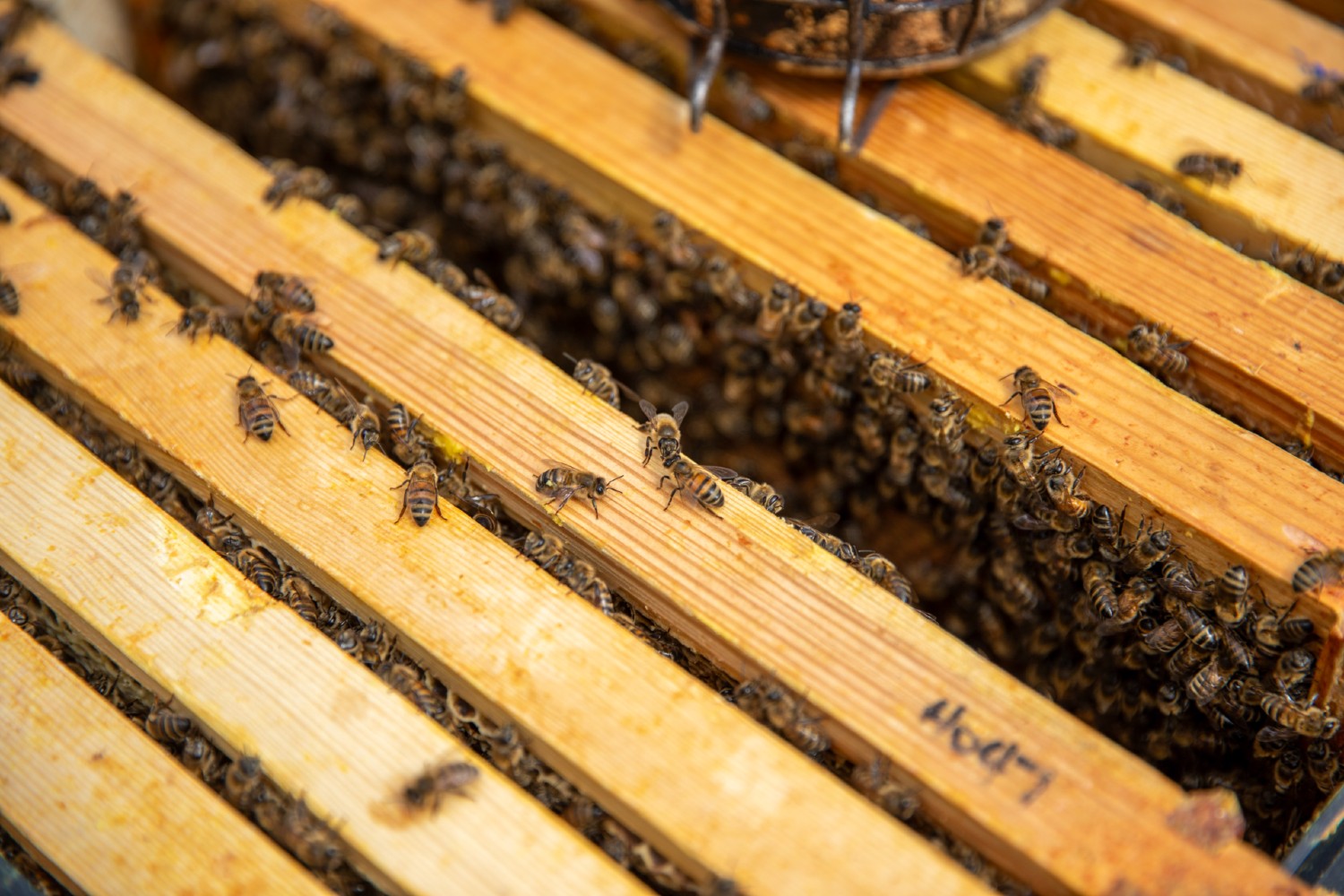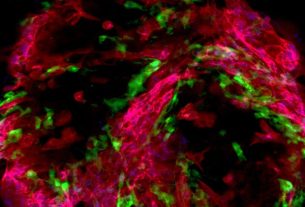The research, supported by the Biotechnology and Biological Sciences Research Council (BBSRC), found that colonies fed with the supplement reared up to 15 times more larvae than those on conventional diets.
The power of collaboration
Led by Professor Geraldine Wright of the University of Oxford and Dr Elynor Moore, formerly of the University of Oxford, but at now Delft University of Technology, the study was carried out in collaboration with:
- Royal Botanic Gardens, Kew
- University of Greenwich
- Technical University of Denmark
It builds on Oxford’s world-leading bee research facilities, supported by the Natural Environment Research Council.
Transformative technology
Honeybees rely on sterols, specific nutrients found in plant pollen, for healthy growth and development.
Agricultural intensification and climate change have reduced access to diverse floral sources, while current artificial pollen substitutes lack these vital compounds.
Using CRISPR-Cas9 gene editing, the team engineered the yeast Yarrowia lipolytica to produce the six sterols bees need, creating a nutritionally complete supplement.
These compounds are vital for bee health but often missing from artificial feeds currently used by beekeepers.
Feeding trials
In controlled three-month feeding trials, colonies given the enriched diet not only reared significantly more larvae but also maintained brood production for longer.
The sterol profile of their larvae matched that of naturally foraging colonies, showing the supplement could effectively mimic pollen.
Securing food supplies
Pollinators like honeybees are essential for more than 70% of major food crops, but their populations face severe pressures.
However, climate change, loss of floral diversity, pests, and disease have caused severe colony losses worldwide.
This breakthrough could help secure food supplies by improving bee resilience, while also easing competition with wild pollinators.
Supporting world-leading bioscience
Dr Amanda Collis, Executive Director for Research Strategy and Programmes at BBSRC, said:
This breakthrough demonstrates how BBSRC funding supports world-leading bioscience with real-world impact.
By tackling the nutritional stresses faced by bees, this research provides a new route to strengthening pollinator health and protecting food supplies for the future.
Next steps include larger-scale field trials to test long-term impacts.
If successful, the supplement could be available to farmers and beekeepers within two years, with potential to expand the approach to other pollinators and farmed insects.
Read the ‘Engineered yeast provides rare but essential pollen sterols for honeybees’ paper in Nature.



